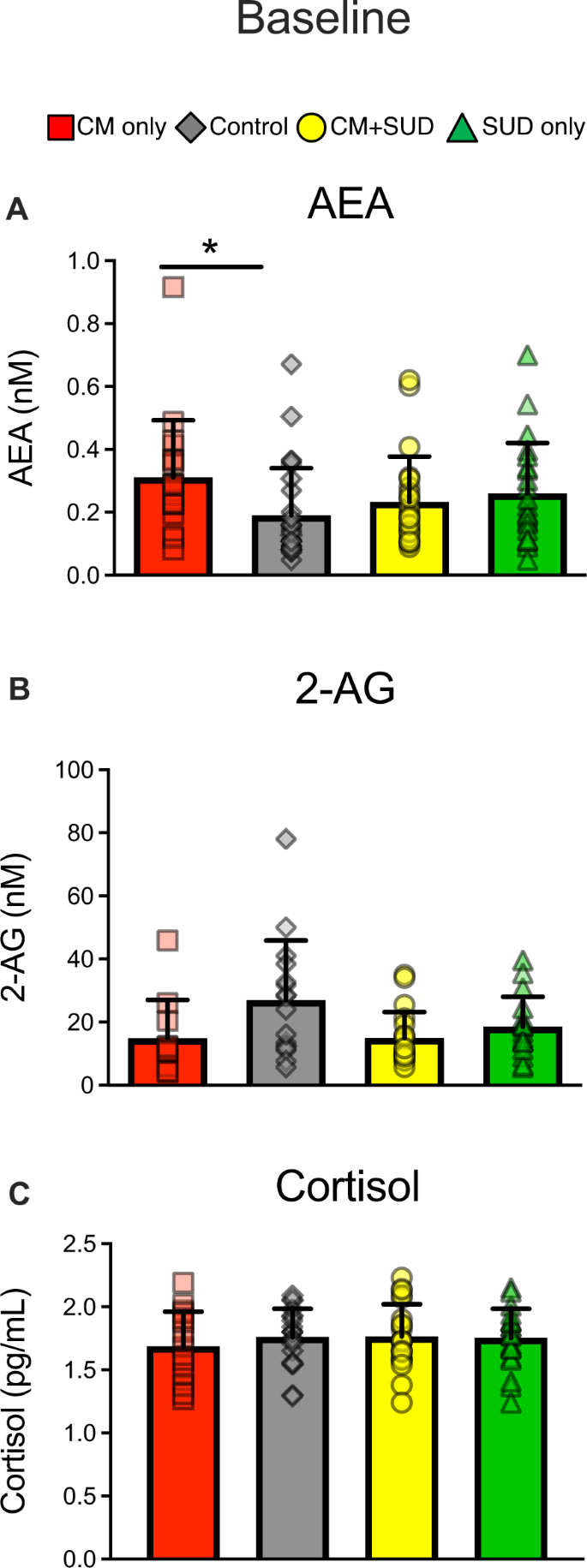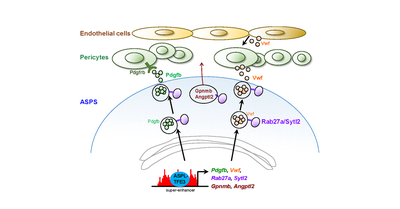2023-04-12 リンショーピング大学
この研究により、小児期の虐待を受けた後に依存症を発症しなかった人たちは、感情に関連した社会的シグナルの処理に長けていることが明らかになりました。また、幼少期に虐待を受けたが、その後依存症を発症していない「レジリエント」と呼ばれるグループは、他のグループと比較して、エンドカンナビノイド系の機能が向上し、脳の活動も異なっていたことから、際立っていることがわかりました。
<関連情報>
- https://liu.se/en/news-item/the-brain-s-cannabinoid-system-protects-against-addiction-following-childhood-maltreatment
- https://www.nature.com/articles/s41380-023-02033-y
小児期の虐待後の物質使用障害に対するレジリエンス:エンドカンナビノイド機能の末梢バイオマーカーおよび感情調節の神経指標との関連性 Resilience to substance use disorder following childhood maltreatment: association with peripheral biomarkers of endocannabinoid function and neural indices of emotion regulation
Irene Perini,Leah M. Mayo,Andrea J. Capusan,Elisabeth R. Paul,Adam Yngve,Robin Kampe,Emelie Gauffin,Raegan Mazurka,Bijar Ghafouri,Niclas Stensson,Anna Asratian,J. Paul Hamilton,Åsa Kastbom,Per A. Gustafsson & Markus Heilig
Molecular Psychiatry Published12 April 2023
DOIhttps://doi.org/10.1038/s41380-023-02033-y

Abstract
Childhood maltreatment (CM) is a risk factor for substance use disorders (SUD) in adulthood. Understanding the mechanisms by which people are susceptible or resilient to developing SUD after exposure to CM is important for improving intervention. This case-control study investigated the impact of prospectively assessed CM on biomarkers of endocannabinoid function and emotion regulation in relation to the susceptibility or resilience to developing SUD. Four groups were defined across the dimensions of CM and lifetime SUD (N = 101 in total). After screening, participants completed two experimental sessions on separate days, aimed at assessing the behavioral, physiological, and neural mechanisms involved in emotion regulation. In the first session, participants engaged in tasks assessing biochemical (i.e., cortisol, endocannabinoids), behavioral, and psychophysiological indices of stress and affective reactivity. During the second session, the behavioral and brain mechanisms associated with emotion regulation and negative affect were investigated using magnetic resonance imaging. CM-exposed adults who did not develop SUD, operationally defined as resilient to developing SUD, had higher peripheral levels of the endocannabinoid anandamide at baseline and during stress exposure, compared to controls. Similarly, this group had increased activity in salience and emotion regulation regions in task-based measures of emotion regulation compared to controls, and CM-exposed adults with lifetime SUD. At rest, the resilient group also showed significantly greater negative connectivity between ventromedial prefrontal cortex and anterior insula compared to controls and CM-exposed adults with lifetime SUD. Collectively, these peripheral and central findings point to mechanisms of potential resilience to developing SUD after documented CM exposure.


